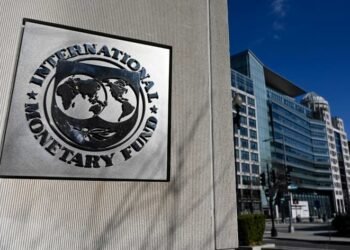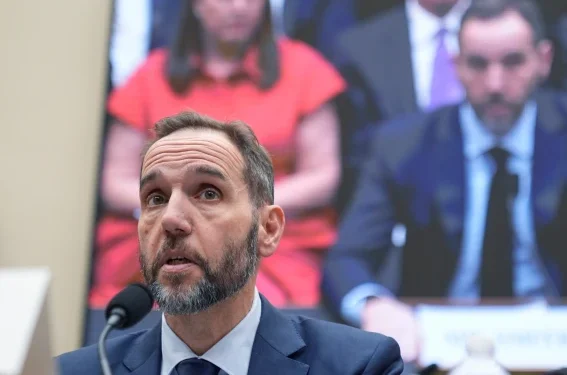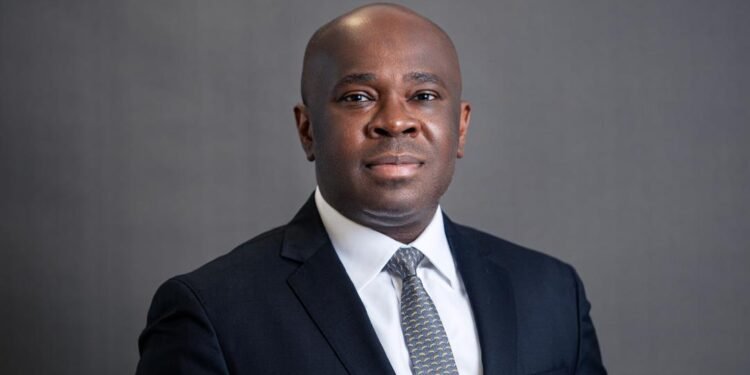Despite Ghana’s strong macroeconomic buffers and robust performance of the cedi in the first half of 2025, Fitch Solutions has projected that the local currency will end the year at GH¢15.50 to one US dollar.
The forecast signals cautious optimism, as record gold prices and reduced oil imports strengthen Ghana’s external position, but global uncertainties continue to pose risks.
The Ghanaian cedi has surprised many market watchers with its impressive performance in the early months of 2025. As of May 19, the cedi appreciated by 17.17% against the US dollar, trading at GH¢13.50 on the retail market. This placed it among the best-performing currencies globally in the year-to-date period. Week-on-week, it gained 2.3% against the dollar and 3.5% against other major currencies.
Despite these gains, Fitch Solutions, in its latest report titled “High Gold Prices Will Shield Ghanaian Economy From Tariff Fallout,” forecasts a depreciation in the latter part of the year. The UK-based firm projects the cedi will close 2025 at GH¢15.50 per dollar, with an annual average of GH¢15.30/USD.
This end-of-year prediction by Fitch is notably higher than the GH¢14.00 forecast made by Absa Bank, suggesting Fitch’s relatively cautious outlook on Ghana’s currency trajectory.
Gold Prices as a Shield
A key factor supporting the Ghanaian economy—and by extension the cedi—is the surge in gold prices. According to Fitch, its commodities team projects that gold will average US$3,100 per ounce in 2025, a significant 29.7% jump from 2024. This record-high gold price is expected to act as a buffer against external shocks, helping the country manage its foreign exchange needs.
Fitch notes that the Bank of Ghana (BoG) will rely on these elevated gold prices to maintain a degree of currency stability. However, the report warns that gold revenues alone will not be sufficient to preserve the cedi’s strength throughout the year, especially in light of persistent global risks.
The outlook for Ghana’s external position remains positive. Fitch expects the country’s current account surplus to hit a historic 6.9% of GDP in 2025, supported by a combination of strong gold exports and a decline in energy imports due to falling oil prices.
Foreign exchange reserves are also projected to rise sharply—from US$6.4 billion in 2024 to US$11.5 billion in 2025. This accumulation of reserves is likely to bolster the BoG’s ability to intervene in the currency markets and reduce volatility during periods of global financial stress.
“The strengthened external position will enable the BoG to mitigate any bouts of cedi volatility stemming from global risk-off sentiment,” Fitch stated in the report.
Global Factors Remain a Threat
While local fundamentals are strengthening, global macroeconomic trends continue to pose risks to Ghana’s currency outlook. Uncertainty surrounding U.S. trade policy, expectations of interest rate cuts by the U.S. Federal Reserve, and geopolitical tensions could trigger capital outflows from emerging markets, including Ghana.
Such movements may increase pressure on the cedi, especially in the absence of a sustained inflow of foreign direct investments or concessional financing. Fitch’s forecast reflects the possibility that the current appreciation trend may not be sustained as these external challenges play out over the remainder of the year.
The BoG’s response to both local and global economic dynamics will be crucial in determining the trajectory of the cedi. Fitch believes the central bank will prioritize currency stability, using its expanded reserves and improved current account balance to smooth out any sharp depreciation pressures.
However, analysts also caution that reliance on external factors such as gold prices and energy imports makes the economy vulnerable to price swings in global commodity markets.
While gold prices and declining oil imports provide breathing space, the path forward remains uncertain.
Ghanaians and investors alike will be watching the central bank’s actions and the broader global economy as the second half of the year unfolds. For now, the cedi stands strong—but its resilience will continue to be tested.
READ ALSO: FAGE Targets Youth Empowerment Through Agriculture at 2025 Horticulture Expo























